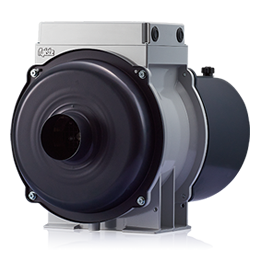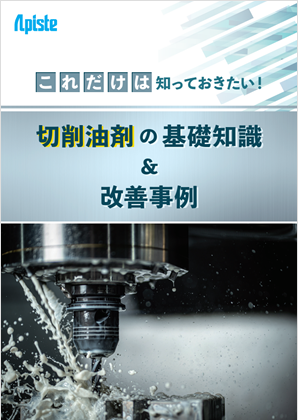Technical Information
3-1. Basics of oil function
There are many different types of oils and they have a wide range of uses.
Especially in manufacturing site, different types of oil are used for a variety of purposes, such as as a lubricant for various equipment and as a power transmission medium for various hydraulic devices.
Oils used in this way are made by adding various additives to a hydrocarbon-based base oil to suit the intended use, but the properties of oil made for that purpose change depending on the temperature, the additives and contaminants added, as well as changes over time.
If the properties of oil, which was originally designed for a specific purpose, change, it will no longer perform as expected, which will not only cause problems in the process but in the worst case scenario could even damage important manufacturing equipment.
We have compiled some information to help you better understand these oil changes.
The role and types of oil, its components and properties
The key to oil function is "viscosity"
Oils used for industrial purposes are generally divided into "mineral oil (petroleum hydrocarbon = natural component)" and "synthetic oil (artificially processed oil that does not exist in nature)."
Flame-retardant and water-soluble oils that cannot be used in oil chiller are included in the category of "synthetic oils."
There are various types of industrial oils available for different applications, as shown below.
Oils used in industrial applications have a variety of roles, but their most basic function is their viscosity.
Temperature has the greatest effect on oil viscosity.
As the temperature rises, the viscosity decreases, and when the viscosity decreases, the oil cannot perform its intended function, so it needs to be cooled.
Types of industrial oil
●Lubrication, cooling, corrosion prevention (rust prevention), etc.
General-purpose oil (machine oil), lubricating oil, spindle oil, dynamo oil, cylinder oil, turbine oil, hydraulic oil (brake fluid, etc.), bearing oil, gear oil, sliding surface lubricant, refrigeration oil, compressor oil, heat transfer oil, heat treatment oil, grease engine oil, cutting oil, insulating oil, silicone oil
There is no mineral oil that does not contain "lubricant additives"
Mineral oils, which are generally used as lubricants and hydraulic oils, do not function adequately when left as their natural components (called base oils), so they are blended with "lubricant additives" that have various functions.
This "lubricant additive" is made up of components (compounds) that meet the requirements of a lubricant, such as anti-oxidation, anti-wear, and anti-rust.
No mineral oil is free from these lubricating oil additives.
Deterioration of oil can be harmful to equipment.
Industrial oil deteriorates due to a variety of factors, including oxidation and other changes in quality, as well as contamination by water, dust, and other foreign matter.
Deteriorated oil not only loses the functionality that was initially expected, but can also be harmful to the equipment itself and related equipment such as oil chiller.
For this reason, it is important to pay close attention to oil deterioration.
Next item: 3-2. Oil viscosity
People who viewed this page also checked out these documents:
Inquiry
For product inquiries, quote requests, etc.
Please feel free to contact us.












